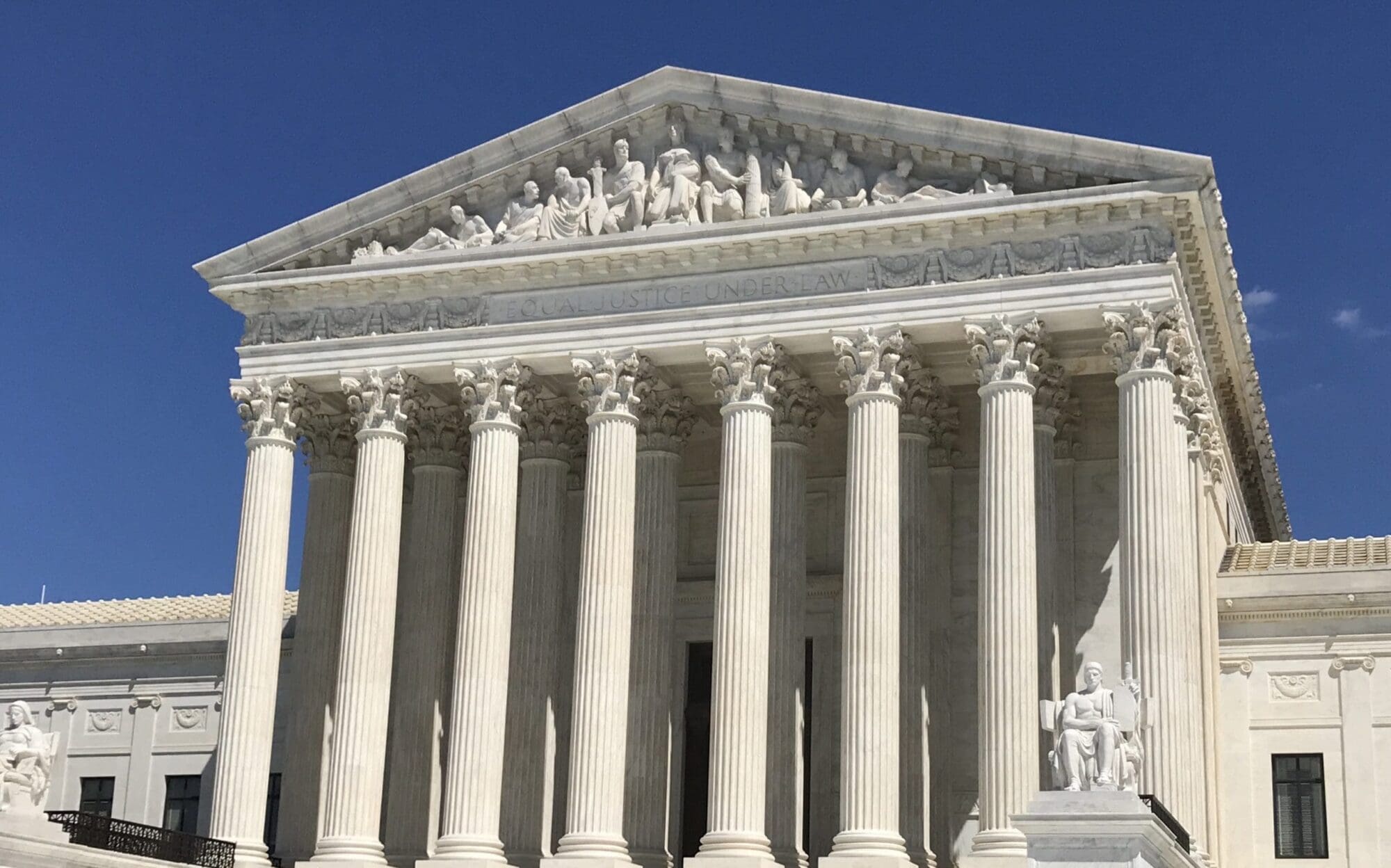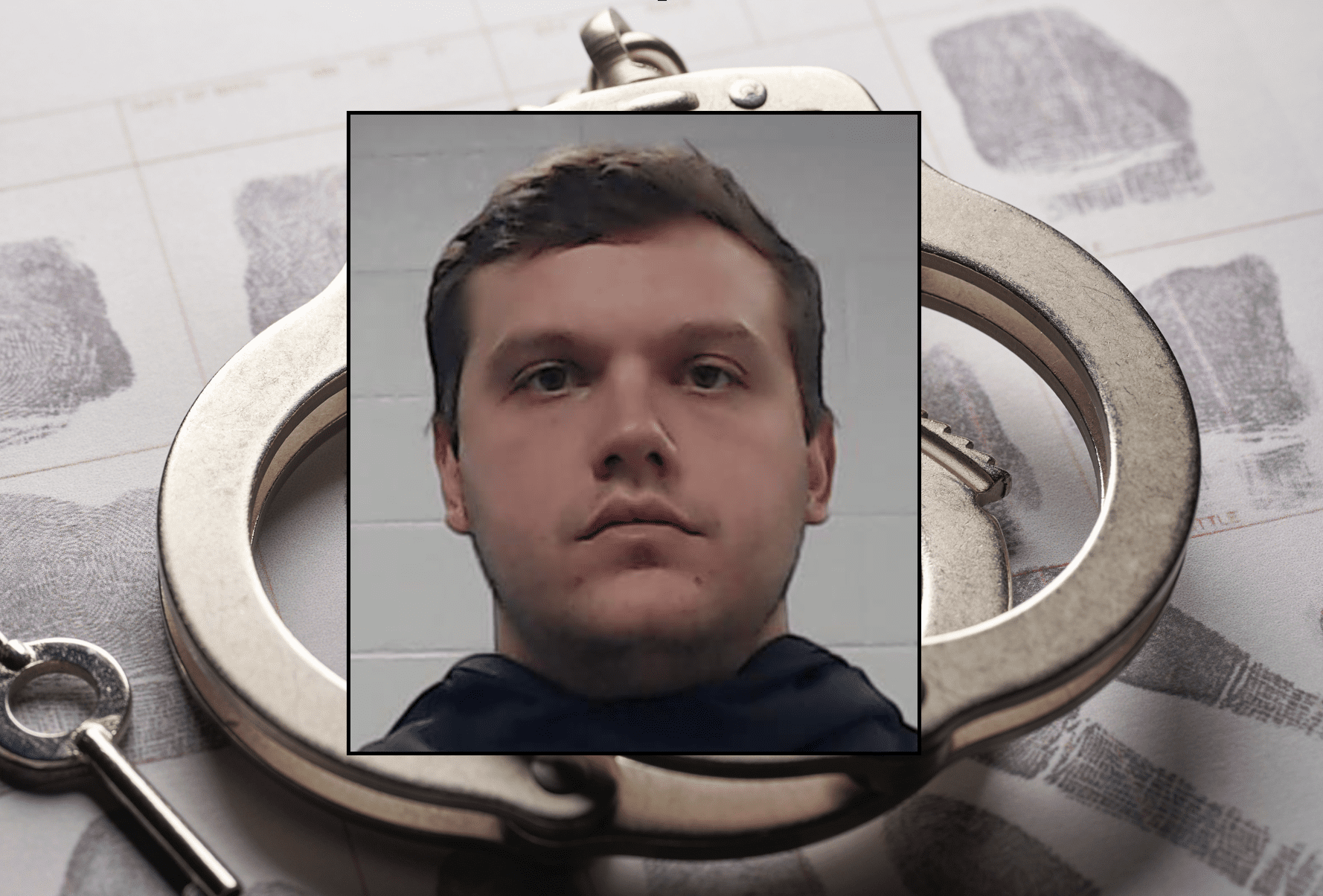After a teacher allegedly assaulted her daughter, one mother was told by police that state law protected the teacher. A grassroots education reform organization explained this is an example of a “two-tiered system of justice.”
Milytza Guzman, the mother, alleged to Texas Scorecard that now-former Georgetown ISD educator Lisa Cantu had assaulted her 11-year-old special needs daughter. On October 21, the Georgetown ISD school board voted unanimously to terminate Cantu’s contract for “good cause.”
Guzman said she had gone to the Georgetown City Police Department about Cantu. Chief of Police Cory Tchida wrote in a statement that, after consulting with the prosecutor, “based on the evidence thus far, there will not be any charges filed at this time.”
Guzman said she was told the prosecutor didn’t believe there was enough evidence. And she was told more. “Officer Rey Rodriguez of Georgetown [Police Department] (security resource officer of GISD) said that under Texas penal code 9.62, Ms. Cantu is protected,” she wrote in a message. “[He] said that’s what Lisa Cantus[sic] lawyers said was their defense, and he said there were also allegations against my daughter.”
Both the city of Georgetown and the Office of Williamson County District Attorney Shawn Dick were asked to verify the mention of this state law to Guzman. Keith Hutchinson, Georgetown’s communications manager, did not deny that Rodriguez told Guzman that Texas Penal Code 9.62 protected Cantu. Hutchinson wrote that the police “have no new information to add to the response we sent on Oct. 10.” The district attorney’s office didn’t respond before publication.
The state law in question states:
Sec. 9.62. EDUCATOR-STUDENT. The use of force, but not deadly force, against a person is justified:
(1) if the actor is entrusted with the care, supervision, or administration of the person for a special purpose; and
(2) when and to the degree the actor reasonably believes the force is necessary to further the special purpose or to maintain discipline in a group.
Based on what she saw in a recording Georgetown ISD showed her of the incident, Guzman doesn’t believe what Cantu did is covered by this law. Guzman said she watched Cantu come up to her daughter—who was just walking with her friends on the playground—pin her arms, restrain her, and then drag her to an area without cameras. “She used aversive techniques which are prohibited by law,” Guzman alleged. “[Assistant Principal] Nicolette Pirkle and everyone else is saying the restraint was unjustified as my daughter was just walking.”
Georgetown ISD was asked about Guzman’s mention of Pirkle. They provided a statement that is included at the bottom of this article.
Guzman’s story didn’t surprise Texas Education 911. They are a pro-parent grassroots organization working to help fix Texas government schools. In an October 29 statement, they called Guzman’s situation “code chaos” in state law. They say this “chaos” has resulted in “a two-tiered system of justice.”
“We’ve discovered numerous discrepancies littered throughout statutory code that create alarming loopholes when it comes to holding educators accountable for their actions,” their statement read. These inconsistencies are woven “throughout Education, Administrative, Government, Civil Practices and Remedies, Family, and Penal codes.”
This ‘code chaos’ allows school employees to exploit and harm children without the same criminal and civil liabilities that others would face if they committed the same acts with a child. The affirmative defense to assault in Texas Penal Code 9.62 and sovereign immunity protections for school districts and their employees in the Texas Tort Claims Act (Civil Practices and Remedies Code, Ch. 101) are two glaring examples. They create a two-tiered system of justice favoring the protection of school employees from consequences over authentic student safety.
Texas Education 911 also found other issues in state law. Namely, “a significant lack of statutes” empowering parents’ rights to protect their children and “a lack of criminal consequence” for government school districts that break the law. “Consequences are needed for districts that blatantly derail a parent’s right to due process and full transparency when a legitimate concern about their child arises,” they wrote.
The pro-parent organization offered the following solutions for this “chaos:”
Creating an Office of Inspector General to investigate waste, fraud, and abuse in schools,
cleaning up the “code chaos,” and exempting certain criminal behavior from immunity protections …
The organization’s full statement can be found here.
Statement from Georgetown ISD:
The safety of our students and staff is our top priority.
Georgetown ISD is committed to transparency and working toward a resolution with families for every concern. Hopefully, you can understand that we are limited in what we can share publicly since we’re prohibited by federal law from discussing the details, including facts of an investigation or disciplinary consequences of individual students.
We have no tolerance for the mistreatment of students and act as swiftly as possible to respond to such allegations. Every report is taken seriously and fully investigated. Unfortunately, federal law can slow down that process when the allegations relate to sexual assault, sexual harassment, dating violence, or stalking because those all fall under Title IX, which requires a long and protracted process, and FERPA prohibits the school district from releasing certain information.
Likewise, state law grants protections for school employees that can prevent the district from acting as swiftly as some would like. However, I can confirm that Ms. Cantu has not been on campus since campus administrators learned of the alleged incident and is no longer employed by Georgetown ISD.
We remain committed to being transparent and responsive while working with families according to the protective and legal guidelines that are in place.





